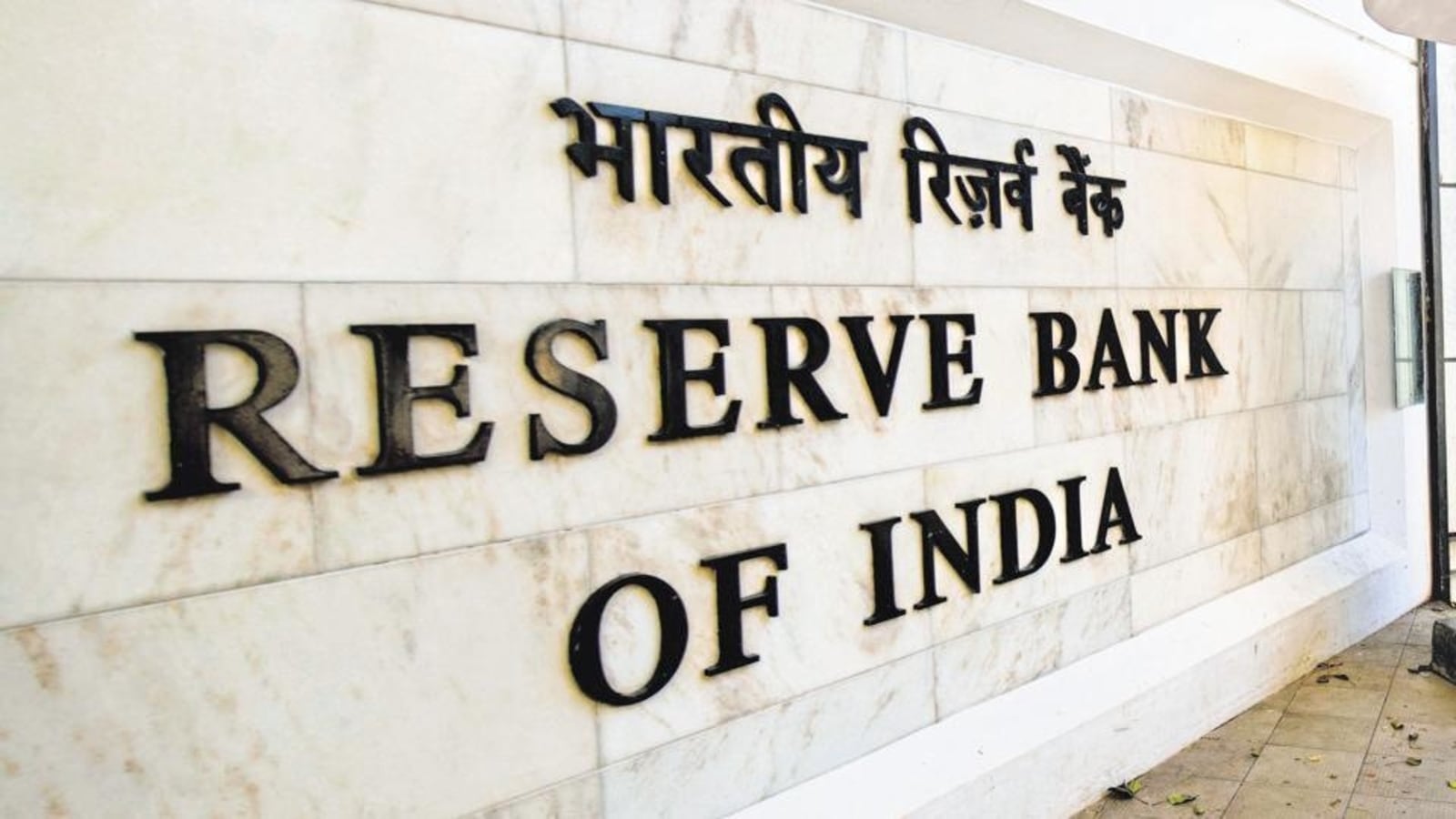Reserve Bank of India puts new payment network plan on hold
A plan to allow new entities to create digital payment platforms and end the National Payments Council of India’s (NPCI) dominance in online transactions has been put on hold by the regulator over data safety concerns, two people directly aware of the development said.
At least six consortiums, including those led by Amazon, Google, Facebook and the Tata group, applied for the so-called new umbrella entities (NUEs) licences, in partnership with companies such as Reliance Industries Ltd and ICICI Bank Ltd after the Reserve Bank of India (RBI) invited expressions of interest last year.
Public sector lenders such as State Bank of India and Union Bank were, however, barred by the finance ministry from seeking licences as they were shareholders in NPCI.
“RBI feels the issue of data security involving foreign entities remains a key concern and, therefore, has decided to not go ahead with the new licences for now,’’ one of the two people cited above said on the condition of anonymity.
The central bank’s move was, however, met with criticism from bank unions from the start, and neither were state-run lenders happy about their exclusion.
The unions raised concerns about allowing foreign entities to set up payment networks in India.
The All India State Bank of India (SBI) Staff Federation and the UNI Global Union urged RBI to scrap the licensing process and focus on strengthening NPCI, Reuters reported in June.
Last year, RBI invited companies to bid for licences to set up for-profit digital payments processing platforms to cut concentration risks in the payments sector and offer users more options.
RBI had then said the payments network would be allowed to charge fees for transactions.
The new entities would also earn interest from the float that customers maintain in their online payments accounts.
“Banks didn’t want to be left out. Due to pressure from the government, banks are pushing that NUE without state-run banks is not something they would be happy with. There is a lot of work going on behind the scenes,” the second person said, also requesting anonymity. “It’s likely that RBI will wait and watch before proceeding with this.”
The recent ban on Mastercard for non-compliance of data localization norms could also have led RBI to take a relook at the NUE proposals. Global payments firms such as Mastercard, Amex, Diners have failed to furnish the audit report certifying compliance with Indian rules even after three years since the rules were issued.
Further, the recent data breaches at MobiKwik and Bigbasket could have made RBI take cognisance of the risks involved in allowing private sector manage payment transactions.
A large part of the retail payments is processed by NPCI. For example, the popular unified payments interface, or UPI, the Immediate Payment Service, or IMPS, Bharat Bill Pay, Aadhaar-enabled Payment System, and RuPay are some retail payment platforms operated by NPCI, which is incorporated as a non-profit.
With digital payments growing rapidly, many companies are eying a slice of this growing business through the NUE. Digital payments jumped 88% to 43.7 billion in fiscal year 2020-21 from 23.26 billion in 2018-19.
For all the latest business News Click Here

